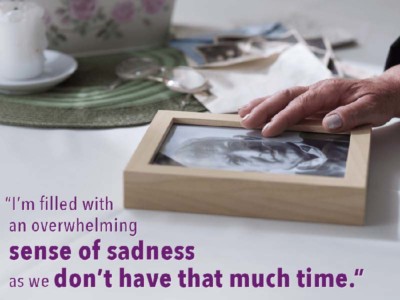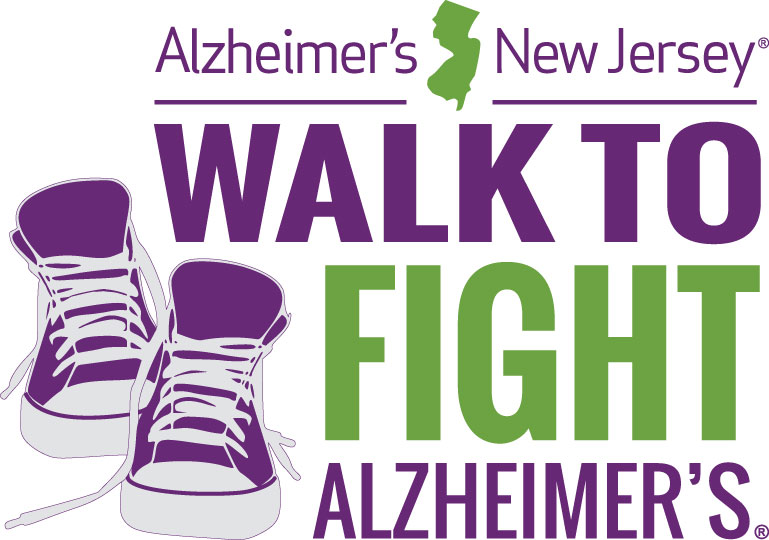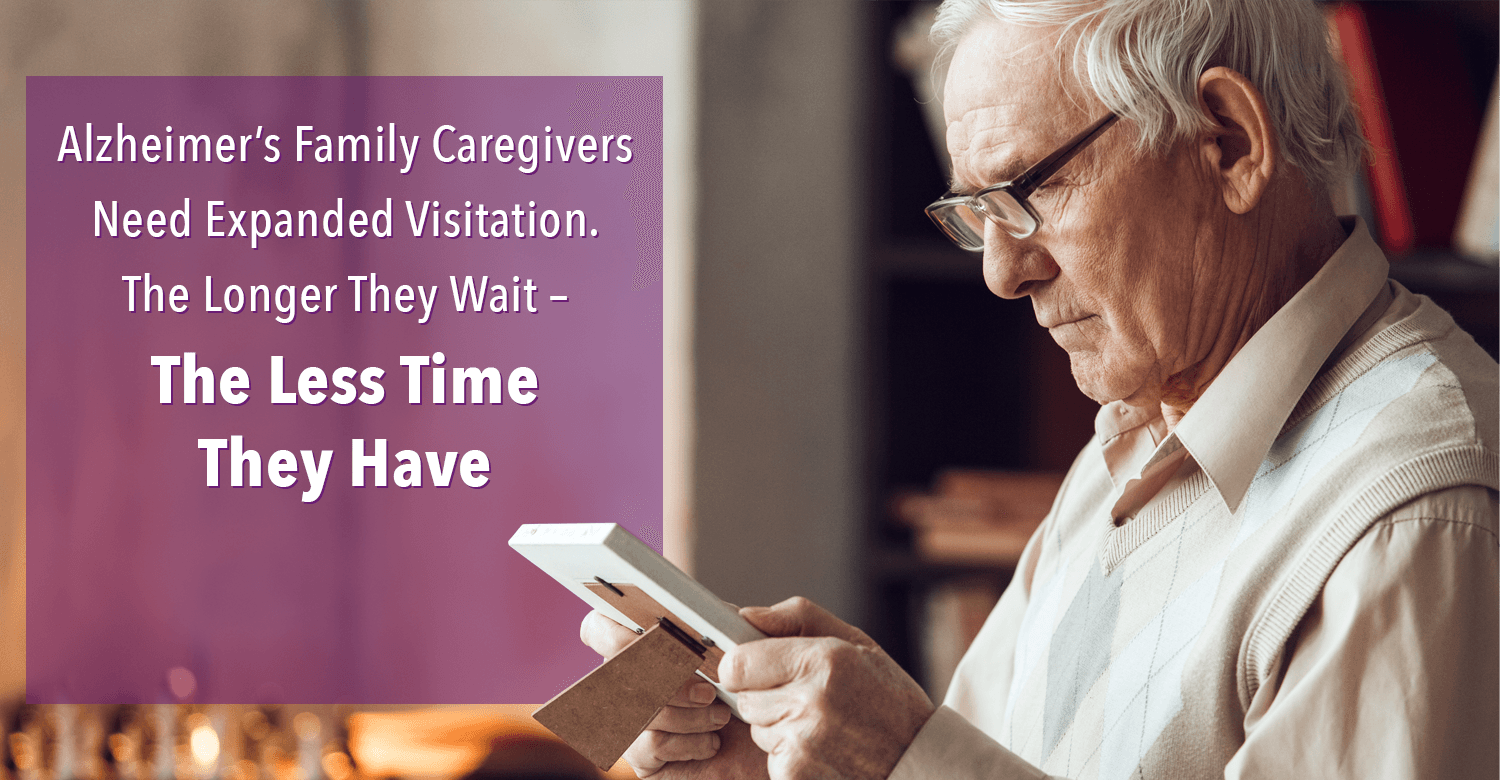On October 20, the New Jersey Department of Health amended Executive Directive No 20-026 to expand nursing home visitation for caregivers. The updated directive was intended to bring New Jersey in line with the Centers for Medicare and Medicaid Services’ (CMS) new guidelines, published on September 17, to provide reasonable ways a nursing home can safely facilitate in-person visitation to address the psychosocial needs of residents.
As amended, Executive Directive No 20-0261 now states, “a facility may allow indoor visitation if no facility-onset of COVID-19 cases in the last 14 days have been detected in accordance with CDC guidance…” The detection of a NEW COVID-19 outbreak would return the facility to restricted indoor visitation.
In addition to this recent announcement, Governor Murphy signed into law, S2785 requiring long-term care facilities to institute policies that prevent social isolation of residents through the use of electronic or virtual means and methods including computer technology, videoconferencing and social media.
At Alzheimer’s New Jersey we appreciate that the Governor, the New Jersey State Legislature and the Department of Health have attempted to address this issue and recognize that New Jersey’s residential care lockdown has created an unintended isolation crisis that is harmful to residents and is threatening their lives.
Recognizing that New Jersey’s residential care lockdown has created this crisis is extremely important, but for caregivers and their vulnerable loved ones in residential care, responding to the crisis in a meaningful way is even more important. That is where New Jersey continues to fall short – especially in not recognizing the unique role of Alzheimer’s caregivers or the unique needs of their loved ones.
Alzheimer’s disease is a progressive, neurological disease of the brain that destroys memory and thinking skills and eventually the ability to carry out everyday tasks such as bathing, eating and dressing. The Centers for Disease Control (CDC) estimates that nearly 50% of nursing home residents have Alzheimer’s disease. Whether they are providing care at home or supplementing care in a residential care facility, family members do a great deal of the feeding, bathing and communicating for their loved ones with this terrible disease and are essential to quality care. In 2019, for example, New Jersey caregivers provided 510,000,000 hours of unpaid care to their loved ones with Alzheimer’s disease.
The updated directive continues to present broad and ambiguous guidelines that are left up to the interpretation of each individual residential care facility to implement. This is especially the case in the Department of Health definitions of Essential Caregiver and Compassionate Care visitation. These are categories that should give Alzheimer’s caregivers the opportunity to have expanded, indoor visitation with their loved ones, but that is not the reality.
 An important part of our work at Alzheimer’s New Jersey is to advocate for the needs of New Jersey individuals and families impacted by Alzheimer’s disease. What these caregivers are continuing to share with us is the lack of a solution to the crisis of isolation in residential care.
An important part of our work at Alzheimer’s New Jersey is to advocate for the needs of New Jersey individuals and families impacted by Alzheimer’s disease. What these caregivers are continuing to share with us is the lack of a solution to the crisis of isolation in residential care.
Our support group participants and Helpline callers are continuing to communicate stories of frustration and emotional distress with experiences that vary greatly even among facilities that have had no COVID-19 positive cases in the past 14 days. For example, a small number have been able to receive an Essential Caregiver designation, but most have not even been informed about the Essential Caregiver or Compassionate Care designations. To qualify as an Essential Caregiver, some facilities are requiring caregivers to complete an application and others are not. Some are requiring caregivers to have weekly COVID tests and others are not. Some are permitting Essential Caregivers to visit their loved ones indoors for 4 hours once per week, others are not permitting any indoor visiting.
So, yes, we absolutely appreciate that the Governor and the Department of Health have recognized the crisis of isolation in our residential care facilities and its detrimental impact on residents and their family caregivers. However, these caregivers desperately need more than the recognition that we have a new crisis. Alzheimer’s caregivers need an amended Executive Directive that clearly recognizes their unique roles as Essential and Compassionate Caregivers – caregiving roles more essential today than ever in our state’s residential care facilities.
While COVID-19 is a continued health threat to our vulnerable long-term care facility residents – they and their families are also facing a terminal illness that has no survivors. Alzheimer’s disease is the 6th leading cause of death in New Jersey. Perhaps, one of our support group attendees said it best, “I’m filled with an overwhelming sense of sadness as we don’t have that much time.”
Kenneth C. Zaentz
President and CEO
Alzheimer’s New Jersey





